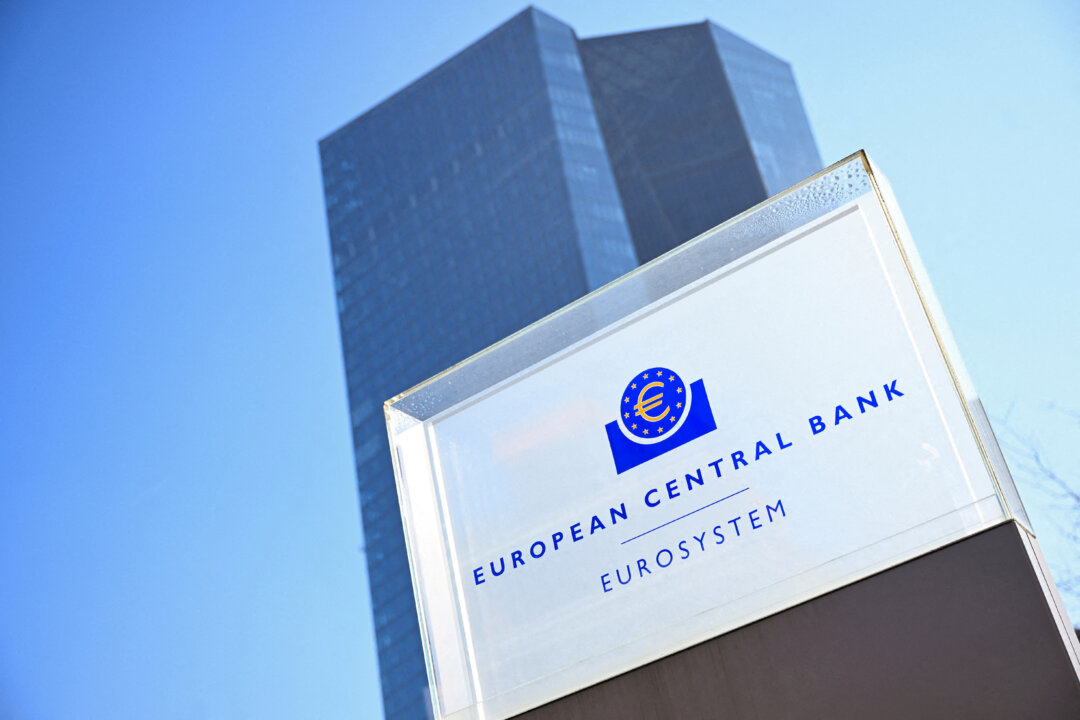ECB Cuts Interest Rates Amid Economic Uncertainty and Trade Tensions
The European Central Bank has reduced interest rates to 2.25% due to rising risks from trade tensions affecting eurozone growth.
Overview
The European Central Bank has lowered its deposit rate to 2.25%, marking the seventh cut since June. ECB President Christine Lagarde highlighted increased downside risks to economic growth due to escalating trade tensions, specifically from US tariffs, which have negatively impacted business confidence and consumer spending. The Bank noted that inflation pressures are easing, with a reduction in both core and services inflation. Economists anticipate future rate cuts as the ECB maintains a data-dependent approach, while also urging eurozone governments to implement necessary reforms to address economic challenges.
Content generated by AI—learn more or report issue.

Get both sides in 5 minutes with our daily newsletter.
Analysis
- The European Central Bank (ECB) has cut interest rates to 2.25%, marking the seventh reduction since last June, amidst increased trade tensions affecting economic recovery.
- President Christine Lagarde noted the heightened downside risks to economic growth, attributing such concerns in part to the uncertain impact of US tariffs on Europe.
- The ECB has shifted its language to reflect a more accommodative monetary-policy stance, indicating a focus on potential further rate cuts as economic challenges persist.
Articles (3)
Center (1)
FAQ
The ECB cut interest rates by 25 basis points due to increased downside risks to eurozone economic growth driven by escalating trade tensions, particularly US tariffs, which have dampened business confidence and consumer spending. Inflation pressures are easing as both headline and core inflation have declined, and the ECB aims to ensure inflation stabilises sustainably around its 2% medium-term target.
The ECB described trade tensions as causing a negative demand shock that deteriorates the outlook for growth by increasing uncertainty, reducing confidence among households and firms, and tightening financing conditions, all of which can weigh further on the euro area economy.
The ECB maintains a data-dependent, meeting-by-meeting approach to monetary policy and has not committed to a specific rate path. It is open to adjusting all its instruments as needed to ensure inflation stabilises at the 2% target and preserve smooth monetary transmission, with some economists anticipating further rate cuts if the trade shock persists.
Yes, the ECB urged eurozone governments to implement necessary reforms to address economic challenges to support the economic outlook amid uncertainty and trade tensions.
Inflation has continued to ease, with declines in headline, core, and services inflation. Wage growth is moderating, and firms are partially absorbing the impact of still elevated wage growth on inflation, contributing to the disinflation process.
History
- This story does not have any previous versions.


